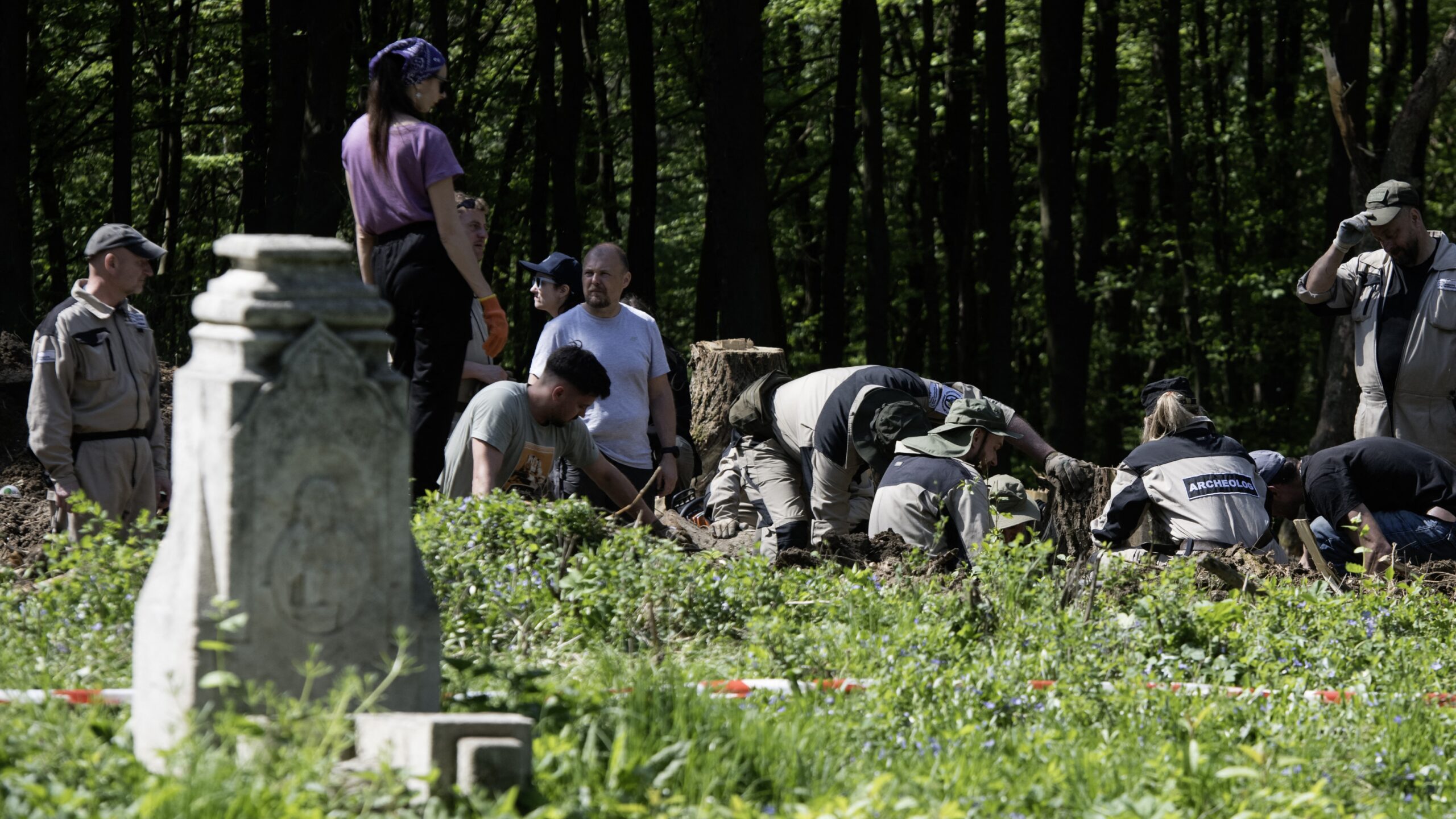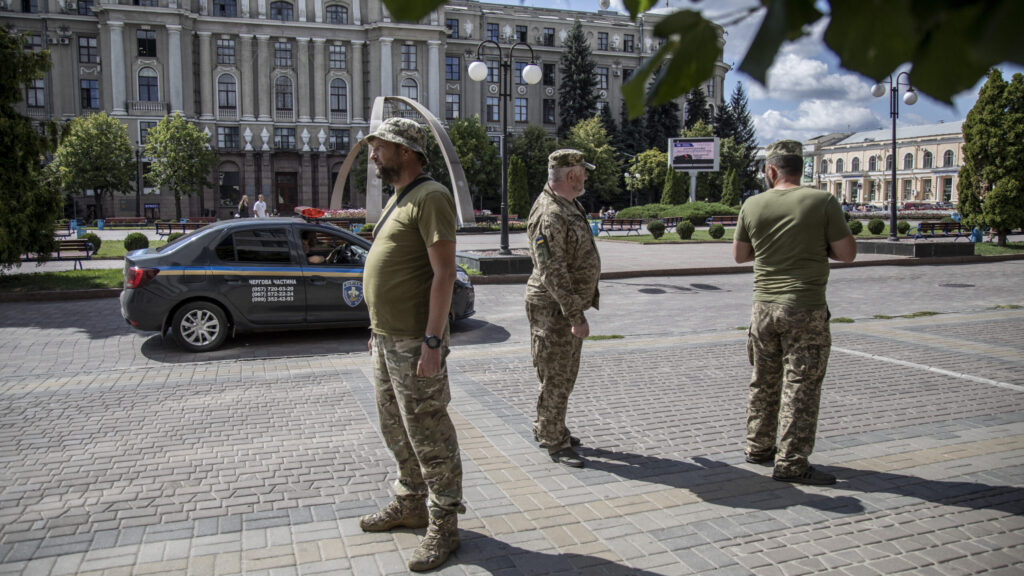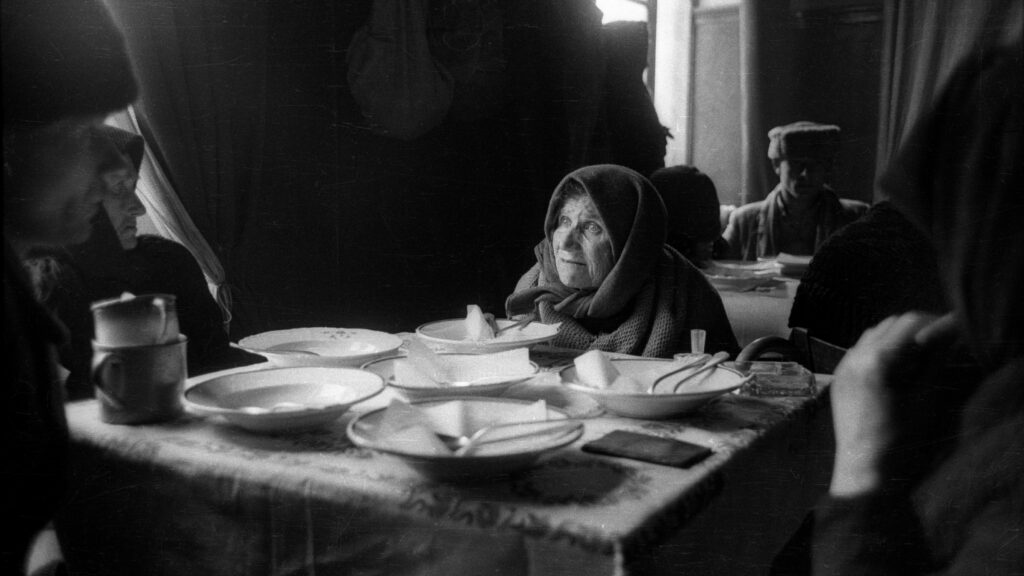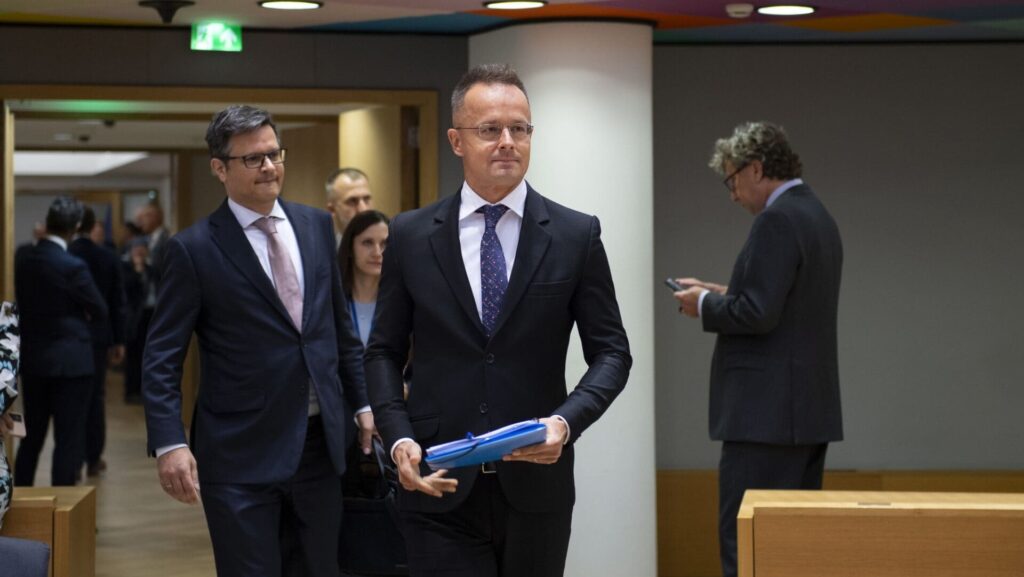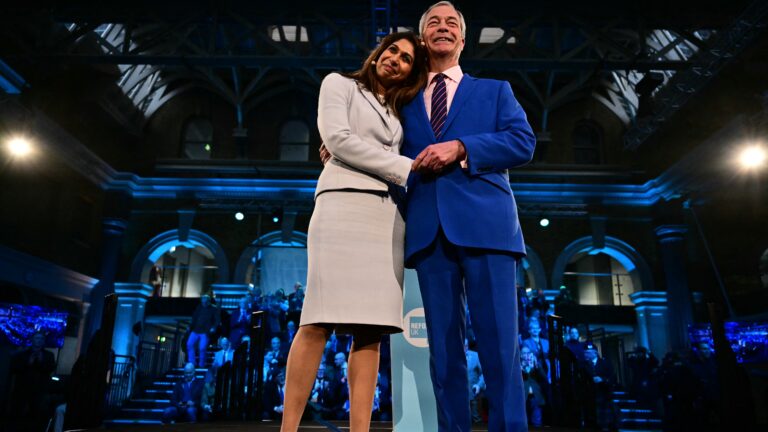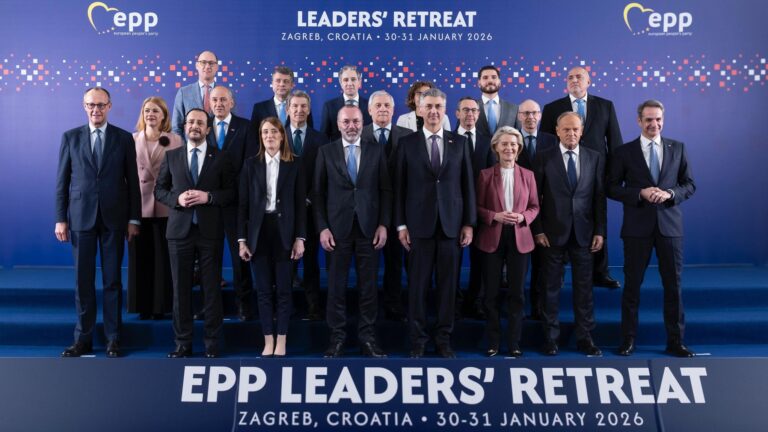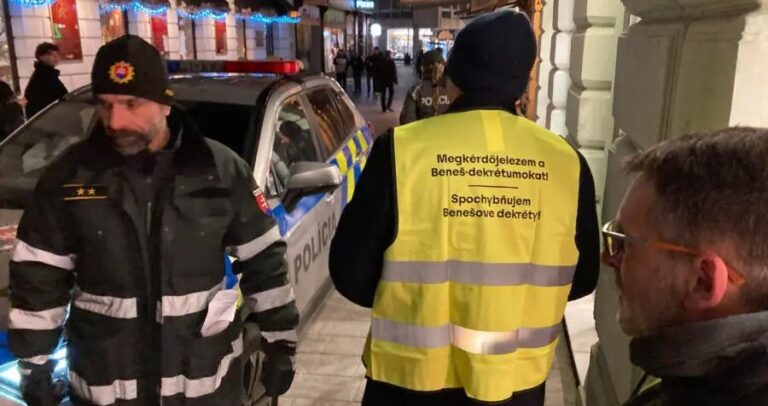Public opinion is changing in Poland—while the country strongly supported Kyiv in the early days of the war, a study by Nézőpont Institute found that today 49 per cent of Polish respondents have a rather negative perception of Ukraine’s accession to the EU. A similar view has been expressed by recently elected Polish President Karol Nawrocki. In an interview with the Hungarian newspaper Mandiner—the first he gave to a foreign newspaper after his election—Nawrocki said: ‘I am against Ukraine’s EU entry’ while adding that Warsaw ‘must support Ukraine from a strategic and geopolitical point of view’.
Explaining his position to Mandiner, Nawrocki said: ‘Ukraine must understand that Poland, Hungary, and other European countries have their own interests. One such interest for Poland is, for example, the exhumation of victims of the Volyn massacre’. As a historian, much of Karol Nawrocki’s career—especially as President of the Institute of National Remembrance—was dedicated to studying the crimes committed against Poles during World War II. During his campaign and since, President Nawrocki emphasized multiple times that Ukraine must make concessions with regards to its memory politics. Shortly after his election, when Zelenskyy congratulated him on his victory, Nawrocki responded to his Ukrainian counterpart saying that good relations between the two countries ’require not only good dialogue but also solving overdue historical issues.’
Karol Nawrocki on X (formerly Twitter): “Dear President @ZelenskyyUa, thank you for your message. I am looking forward to countinue partnership of our countries, based on mutual respect and understanding. I believe it requires not only good dialogue but also solving overdue historical issues. Poland has been Ukraine’s… / X”
Dear President @ZelenskyyUa, thank you for your message. I am looking forward to countinue partnership of our countries, based on mutual respect and understanding. I believe it requires not only good dialogue but also solving overdue historical issues. Poland has been Ukraine’s…
Unsettled Past between Ukraine and Poland
The ‘overdue historical issues’ that President Nawrocki referred to several times during his campaign mainly refer to the Volhynia massacre. A large proportion of both the Jewish and Polish population of the Volhynia region, a historic territory now divided between Poland, Belarus and Ukraine, fell victim to the ethnic cleansing carried out by Nazi occupiers and Ukrainian ultranationalists who collaborated with the Nazis. In the massacres that took the lives of many ethnically Polish in Eastern Galicia too an estimated 100 000 Poles perished. The ethnic cleansing was carried out by members of the Ukrainian Insurgent Army (UPA)—with UPA military leaders, such as Roman Shukhevych leading some of the massacres. Founded by the Stepan Bandera-led radical and militant wing of the Organisation of Ukrainian Nationalists (OUN), the UPA’s aim was to create an ethnically homogeneous and independent Ukraine.
Stepan Bandera—a highly controversial figure in Ukrainian history for his ultranationalist views and collaboration with the Nazis—is often praised for fighting for Ukraine’s independence. Some in Ukraine see him as a national hero. As the massacres of ethnically Polish people were committed in his name, in Poland his perception is radically different. The Hungarian Conservative has covered Stepan Bandera’s controversial personality here.
‘Warsaw’s objective is to allow families of the victims to bury their relatives with dignity—more than 80 years after the tragic events’
During the communist era—as Soviet troops stationed on the territory of Eastern European countries—it was not possible to publicly discuss the violent events that occurred during World War II between the two nations. Historical grievances resurfaced between Warsaw and Kyiv only after the collapse of the USSR in 1991. Since than Poland has consistently been calling for the exhumation of the victims of the Volhynia massacre. Warsaw’s objective is to allow families of the victims to bury their relatives with dignity—more than 80 years after the tragic events. On the Ukrainian side, however, uncovering the horrors of the crimes committed by Ukrainian ultranationalists would have broader implications on the perception of Bandera and Shukhevych who are hailed as heroes by some Ukrainians—especially in the context of the ongoing war.
Intensifying Memory Wars
In the past ten years Warsaw has been demanding ever more powerfully to settle Volhynia’s memory with Kyiv. In 2013 Tusk’s liberal government designated the events as an ‘ethnic cleansing characterised by signs of genocide’. Three years later the right-wing PiS government accepted a resolution hasher in tone designating the massacre in Volhynia and Eastern Galicia a ‘genocide’. The 2016 resolution criticized that the victims of the crime were not ‘duly commemorated’. Significantly, the resolution also acknowledged the acts of retaliation committed by Poles in response to the massacres, killing an estimated 10–20 thousand Ukrainians. The Polish resolution stated: ‘nor can one dismiss or downplay acts of Polish revenge on Ukrainian villages, during which civilian populations also perished.’ Kyiv rejected the notion that the Volhynia massacres can be described as a ‘genocide’ and then Ukrainian President Petro Poroshenko expressed his ‘regret’ over the decision of the Polish parliament.
Despite the disagreement on whether Volhynia was a ‘genocide’ or not, over the past decade the Polish leadership has received several assurances from its Ukrainian counterpart that the exhumation of the victims that Kyiv paused in 2017 will commence. In 2020 during President Andrzej Duda’s visit to Kyiv the two countries signed a joint declaration about the need to ‘ensuring the possibility of searching for and exhuming these victims in Ukraine and Poland in order to atone for their memory, in the spirit of respect for historical truth.’ Despite the above statement, in 2021 Ukrainian authorities approved the decision to name a stadium in Ternopil, that is located on the Stepan Bandera Avenue, near the OUN leader’s statue, after Roman Shukhevych, which Israel and Poland strongly condemned. Both Shukhevych and Bandera have statues across Western Ukraine (for instance, in Ivano-Frankivsk and Lviv).
‘The disputes between Kyiv and Warsaw on memory are far from being settled’
As multiple years have passed but no progress has been made to settle Kyiv’s and Warsaw’s ‘historical issues’, Prime Minister Mateusz Morawiecki sought out the Ukrainian leadership and received personal assurances from President Zelenskyy in 2023 that exhumations will happen. In 2023 President Andrzej Duda and President Zelenskyy jointly commemorated the 80th anniversary of the massacres. Kyiv did not hurry to commence with the exhumations after these promises either, so Prime Minister Donald Tusk also brought up the issue with the Ukrainian President in January 2025. The two politicians pledged to ‘continue developing constructive historical dialogue’. It was not until April this year, however, that it was confirmed that exhumations will start in Puzhnyky, Western Ukraine where it is believed that between 50 and 135 Poles were murdered. In May it was reported that remains of 42 people—women, men and children—have been found on the scene.
As Karol Nawrocki’s comments also demonstrate, the disputes between Kyiv and Warsaw on memory are far from being settled. In early June 2025 Polish authorities decided to create a new national holiday that is dedicated to commemorating the victims of the massacres. The so-called Day of Remembrance of Poles—victims of genocide committed by the OUN-UPA in the Eastern Borderlands of the Second Polish Republic—will be celebrated from this year on annually on 11 July. 11 July is known as the Bloody Sunday in Poland—on that day in 1943 murders of ethnically Polish civilians were carried out simultaneously on over 100 locations by Ukrainian ultranationalists. Criticizing the move, Kyiv said that the idea ‘flies in the face of the spirit of good neighbourly relations.’
Related articles:

